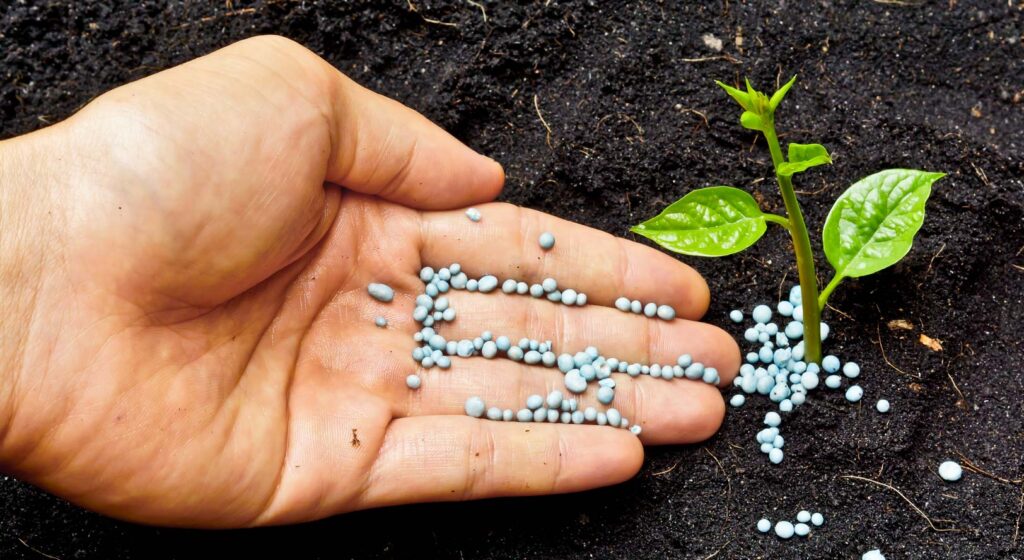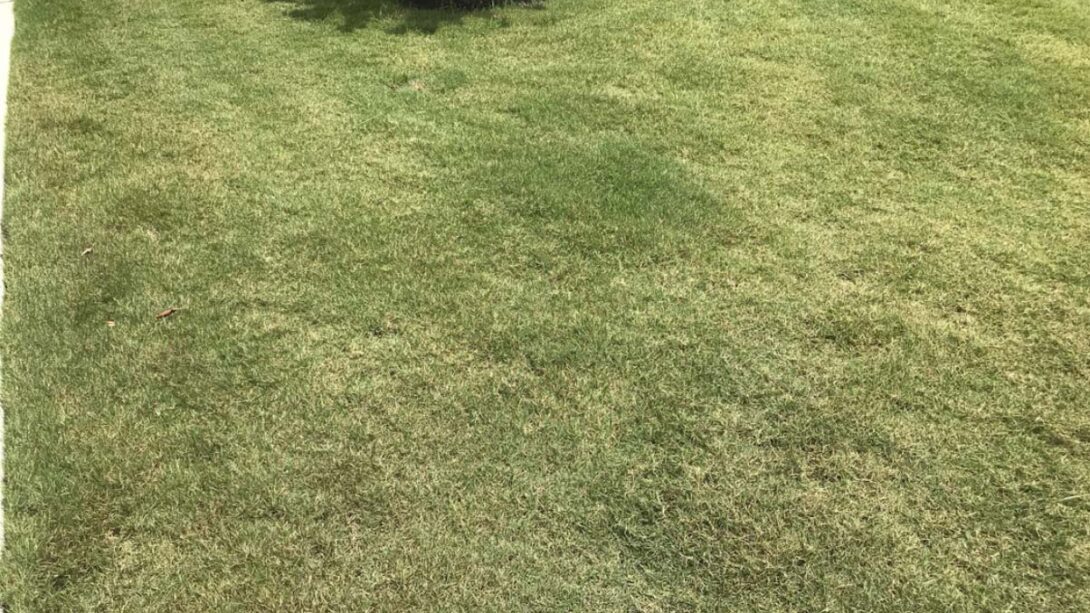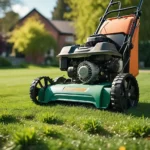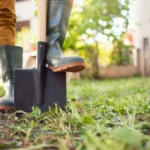Ammonia is a great source of nitrogen for your grass. However, it also has the potential to kill said grass if the wrong type is applied or it’s not used properly. This being said, the obvious answer is yes – ammonia can kill the grass. In fact, it can do this quite easily if you aren’t careful.
So, to help you make the most of this powerful chemical, here is a breakdown of the most common types of ammonia that you might be tempted to use.
- Laboratory Chemicals
- Chemicals for Lab use
- Aluminum Nitrate Nona hydrate, Extra Pure
- Package Weight : 0.657 kilograms
Ammonium Nitrate
Ammonium nitrate is a great source of nitrogen. It’s used in many fertilizer blends and is especially beneficial for fall and winter weed and feed application. This form of ammonia is best suited for grass that is already established and happy, as it releases nitrogen quickly, which can kill new seedlings or unhealthy grass.
With a nitrogen-phosphorus-potassium ratio of 33-0-0, ammonium nitrate fertilizers require applications of 3 pounds of product per every 1,000 square feet of area. This three-pound rule will supply your lawn with one pound of ammonium nitrate.
Common Household Ammonia
Ammonium hydroxide is the compound found within common household cleaners and it is most commonly used to create homemade lawn tonics. This powerful solution can, without a doubt, kill your grass easily. Depending on the brand of ammonia, the concentration in every product will be different which makes it incredibly easy to burn your lawn if you don’t know what you’re doing.
- Comes in 64 oz. Bottle
- For all household cleaning from bathroom to kitchen
- Fragrance free
- Enhanced cleaning power of ammonia fights dirt, grease and grime
- Safe on nearly any surface
Unlike other types of ammonia, household ammonia doesn’t supply grass with enough nitrogen for there to be a benefit, as it has to be applied in small quantities to prevent the burns we mentioned before. This being said, it’s not usually a gardener’s go-to for ammonia products.
Ammonium Sulfate
Ammonium sulfate isn’t usually used in commercial grass fertilizers because it has a tendency to cause acidity changes within the soil. It’s generally used to lower pH levels to promote the growth of acid-loving plants.
- The Ammonium sulfate supplement provides Nitrogen for a dark green color and rapid growth of plants.
- Great for Blueberries but can also be used on lawns, trees, shrubs, flowers and vegetables.
- Adds Sulfur to acidify high alkaline soils and soils with higher pH levels.
- This 4 lb. bag of Ammonium Sulfate can treat up to 1,000 sq. feet.
- Application varies by plant type and size. See label for application instruction.
To supply grass with one pound of chemical, one must use five pounds of products with this chemical. In addition, over-application is likely to cause chemical burns in the grass, so you have to be careful when applying and/or reapplying as overdoing it isn’t hard to do.

Ammonium Phosphate Sulfate
Ammonium phosphate sulfate is a gentler form of nitrogen, which makes it ideal for newer and younger grasses. It’s commonly used before planting new grass seed or to kick start the growth of new grass. It contains less nitrogen than ammonium nitrate but also supplies some beneficial phosphorus.
- Provides a readily available form of phosphate which is used by plants during photosynthesis.
- This plant growth supplement promotes larger more beautiful blooms & fruit.
- This phosphate fertilizer can be used on outdoor plants for enhanced growth.
- This plant phosphate supplement contains 18% phosphate derived from Super Phosphate.
- Applications rates vary with plant type and size. See label for application instructions.
When it comes to using, six pounds of the product will yield one pound of nitrogen per every 1,000 square feet. Of all the common ammonia used, this one is the least likely to burn or kill the grass.
Who knew that there were so many forms of ammonia, right? Well, no worries – now you know! You can now safely choose the best type of ammonia-based product for you and your needs.








